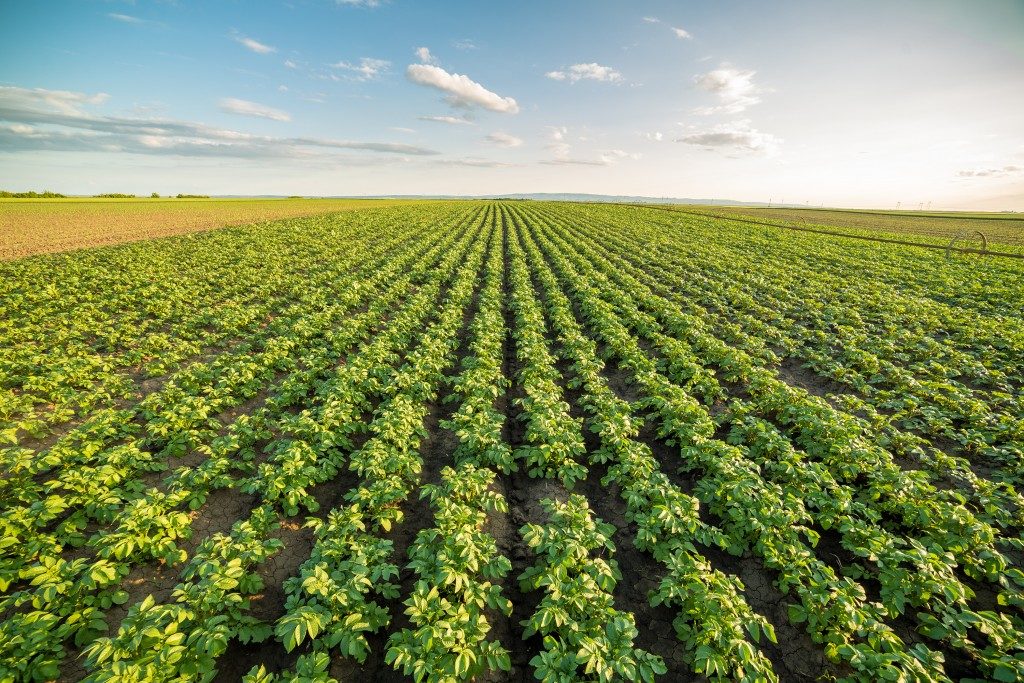Irrigation is an important part of modern farming. With many different farm irrigation systems available today, which one would be best for your crops? This guide can help you decide.
Irrigation is the application of water to land for agricultural production. Many modern farmers look for suppliers of Davey pumps to use for their fields, but modern irrigation can be difficult to understand. There are many types of irrigation systems that it is confusing to go through all of them, so here are the three main types that will benefit most farming applications:
1. Surface Irrigation
This system uses the flow of gravity to spread out water through the field. Surface irrigation is the most widespread method used by millions of farmers worldwide for all kinds of crops. However, it is more labor-intensive than other irrigation systems because it requires intensive field leveling and digging. Nevertheless, surface irrigation offers even water distribution with little cost.
2. Overhead Irrigation
Overhead irrigation runs on the same principle as a lawn sprinkler. It works by pumping water under pressure and spraying it down to plants from nozzles. Although it's a more expensive system to have, overhead irrigation can disperse water more evenly. This method is widely used by farmers who need to cover a lot of farmland.
Investment and maintenance for overhead irrigation can be expensive, but there is little need for additional labor and field-leveling. Most row crops such as cereals, pulses, wheat, sugarcane, vegetables, flowers, spices, and cotton thrive well under overhead irrigation.
3. Drip Irrigation

Drip irrigation, sometimes called trickle irrigation, is done by dripping water onto the soil at slow rates. This system is most suitable for row crops such as vegetables, soft fruit, and trees, which are usually of high value due to the high capital of a drip irrigation system.
Despite having the highest investment and replacement costs, this method is perfect for areas with limited water. It also requires low levels of leveling, maintenance, and water quality, which makes it very easy to handle compared to other irrigation systems.
Importance of irrigation
Apart from learning about the three main categories of irrigation, it's essential to know the value of irrigation, which are:
- Increase the production of crops
- Have access to water at all times
- Produce high-quality crops
- Lengthen growing season
- Ensure plant health against drought
- Maximize fertilizer benefits
- Improve the capital value of the farmland
- Rely less on supplementary feeding grain
- Minimize water stress
Factors to consider
When choosing an irrigation system for your crops, you need to consider the following aspects:
- Water quality required by the system
- Compatibility of the soil
- Climate
- Level of preparation and maintenance required
- The salinity of the soil
- Compatibility with fertilization
- Susceptibility of foliage to disease
- Costs
- Promotion of weed growth
- Irrigation pumps to be used

We learned about the three main types of irrigation systems that are used worldwide for different types of crops. Even though there are many things that should be considered, taking the time to research will help you make a more informed decision.

